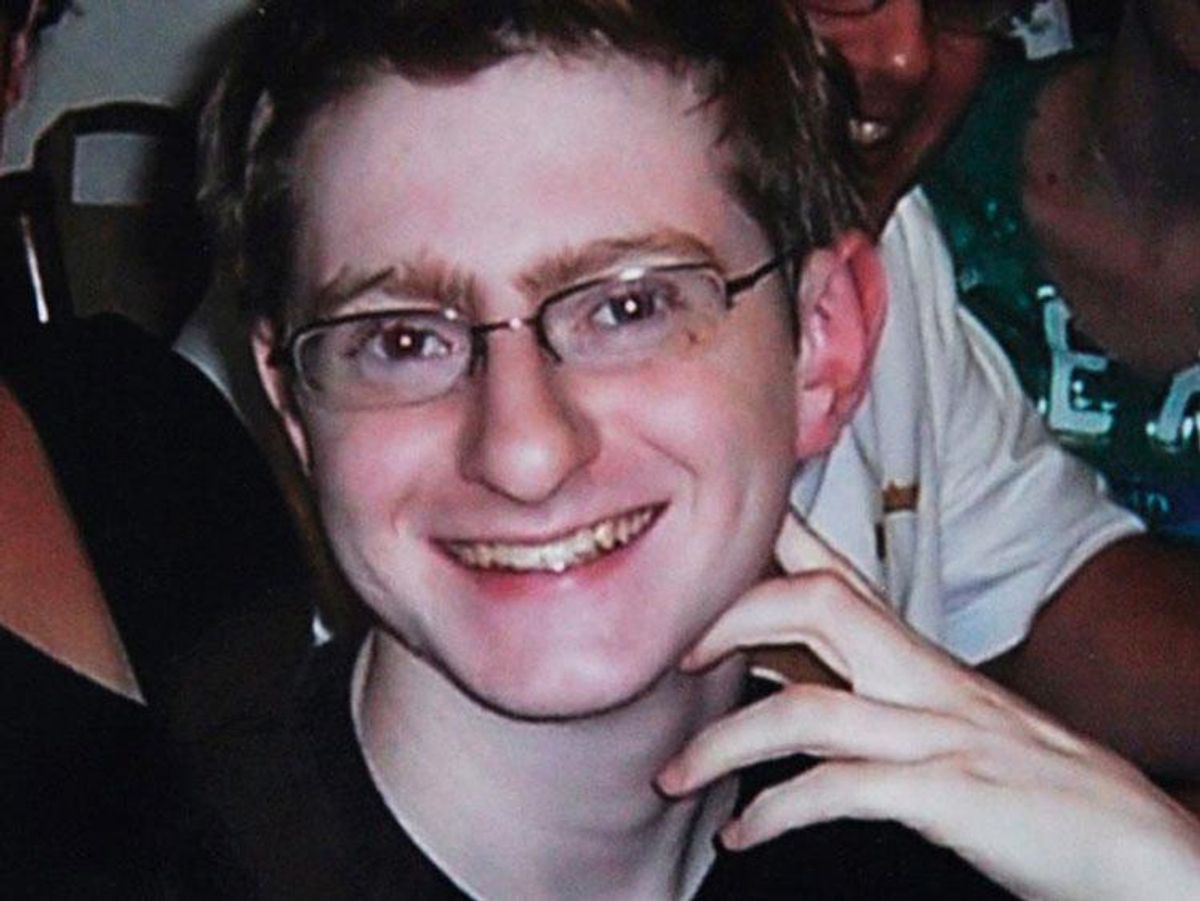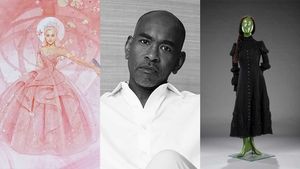Tyler Clementi, who died by suicide September 22, 2010, brought national attention to an epidemic of cyberharassment that hurts women and LGBTQ youth most of all. In his honor, I have launched the Tyler Clementi Institute for Internet Safety at New York Law School, which will include, among other things, the first pro bono law school clinic that will represent victims of cyberharassment for free.
Nearly half of all LGBT youth experience incidents of cyberabuse each year. LGBT teens are three times more likely than heterosexual teens to be harassed online and twice as likely to receive threatening or harassing text messages. Adolescent girls are significantly more likely to experience cyberharassment than boys. And over a seven-year period, women accounted for nearly 73 percent of all reported incidents of cyberabuse. Nonconsensual pornography overwhelmingly affects women as well.
Although powerful, numbers alone miss the devastating and discriminatory impact of cyberharassment. Consider, for example, Katie M. (not her real name), who broke up with her then boyfriend when she came out as a lesbian in 2013. Spiteful, her ex posted an intimate picture of her on Craigslist along with her name, address, and a request for a rough role-play "rape" fantasy. Several men tried to break into her home. She approached the police, but they said they couldn't help her and advised that she stay off the Internet. She approached lawyers, but none of them knew what to do. For her protection, Katie's family sent her to live with her aunt in New Hampshire.
After Steven (also not his real name) came out as gay when he was 13 years old, most of his friends offered support. But soon demeaning antigay comments started appearing on several social network profiles. It was clear that most of the comments were coming from two 15-year-old students at his school. After three months, Steven and his parents approached the school, where administrators refused to help because "the conduct happened online, not on campus." The harassment came to a head when the students uploaded a video to YouTube making fun of Steven's gender nonconformity and posted it to Facebook, tagging 175 of their friends from school. Still, the school did nothing.
Neither Katie nor Steven committed suicide, but they did experience anxiety, depression, and other devastating psychological harm. Katie was diagnosed with post-traumatic stress disorder. She not only had to disappear from the Internet to protect herself; she had to move nearly 1,000 miles away. Steven missed weeks of school and his grades suffered. He was diagnosed with depression and stopped painting, making music, and playing with his dog, the three things he loved most in the world. Both reported that they felt alone, that they had nowhere to turn.
That sense of hopelessness is amplified by a legal system that, five years after Tyler's death, still fails to take cyberharassment seriously. There is no federal law banning nonconsensual pornography, yet there is one that prevents victims from suing websites that provide a platform for it.
Too many school administrators erroneously believe that the First Amendment prevents them from punishing cyberbullies, yet too few have LGBTQ-inclusive digital citizenship and anti-cyberharassment curricula in their schools. The barriers to court-ordered unmasking of anonymous online harassers are too high. The walls of online privacy are too low.
Too few lawyers have the tools to represent victims of cyberharassment. Too many victims do not have the money to pay for the counsel they need. The status quo needs to change. That is why I have created the Tyler Clementi Institute for Internet Safety at New York Law School.
The institute is an unprecedented multipronged approach to a multi-faceted problem, with three overlapping approaches: educate, advocate, and litigate.
We will educate young people and their parents by creating LGBTQ-inclusive digital safety curricula that can be integrated into schools. We will educate teachers and administrators by providing model cyberharassment policies that are specific and administrable, and run seminars on the proper scope of the First Amendment. We will educate lawyers on how to represent victims of online harassment by providing in-house legal education programs. We will educate victims by providing user-friendly step-by-step guides on how to respond to cyberharassment. And we will educate the public about the epidemic of cyberharassment through data-based research and a groundbreaking narrative project that will allow victims to tell their stories on various media.
We will advocate for comprehensive antiharassment policies and work with Internet companies to enhance privacy and harassment protections on their platforms. And we will support the passage of reasonable legal reform by providing research, model statutes, and policy white papers.
And we will litigate cyberharassment cases for free. We will represent victims of cyberharassment at all stages of the process, from working to remove or unlink harassing content from the Internet to negotiating with schools to address hostile educational environments. We will represent victims at school disciplinary hearings and file tort, copyright, and other civil claims to help victims obtain justice.
We are sending a message to victims that they are not alone, that many people are looking out for them. Our ultimate goal is to take the incidents of cyberharassment down to zero. To do that, every arm of society, from schools to industry, from parents to those practicing bar, must pay attention to the victims of the Internet's dark alleys. Only then can we be truly safe, productive, and free online.
 ARI EZRA WALDMAN is associate professor of law and director of the Innovation Center for Law and Technology at New York Law School. He is the founder and director of the Tyler Clementi Institute for Internet Safety. He blogs regularly at Towleroad. He can be reached at ari.waldman@nyls.edu, and you can follow him on Twitter at @ariezrawaldman.
ARI EZRA WALDMAN is associate professor of law and director of the Innovation Center for Law and Technology at New York Law School. He is the founder and director of the Tyler Clementi Institute for Internet Safety. He blogs regularly at Towleroad. He can be reached at ari.waldman@nyls.edu, and you can follow him on Twitter at @ariezrawaldman.
































 ARI EZRA WALDMAN is associate professor of law and director of the Innovation Center for Law and Technology at New York Law School. He is the founder and director of the Tyler Clementi Institute for Internet Safety. He blogs regularly at Towleroad. He can be reached at ari.waldman@nyls.edu, and you can follow him on Twitter at
ARI EZRA WALDMAN is associate professor of law and director of the Innovation Center for Law and Technology at New York Law School. He is the founder and director of the Tyler Clementi Institute for Internet Safety. He blogs regularly at Towleroad. He can be reached at ari.waldman@nyls.edu, and you can follow him on Twitter at 
















































